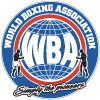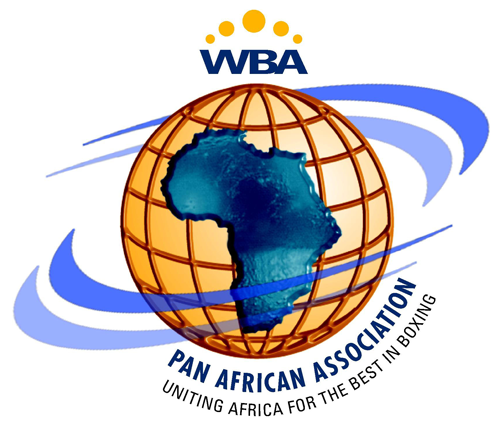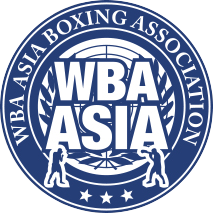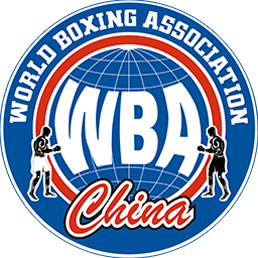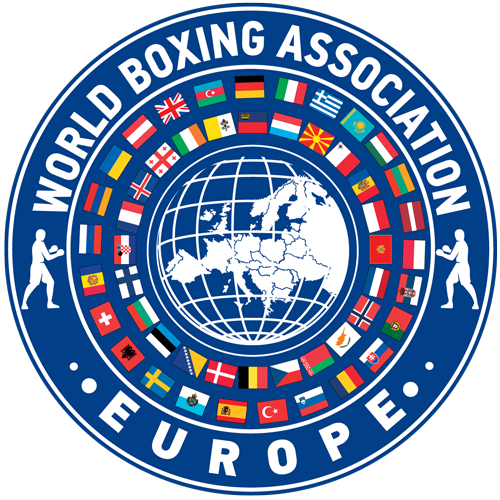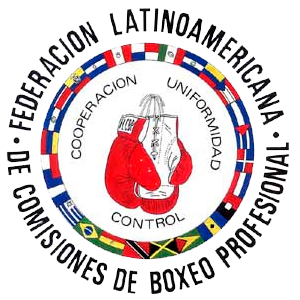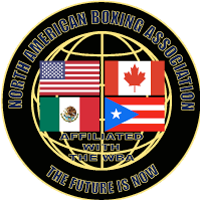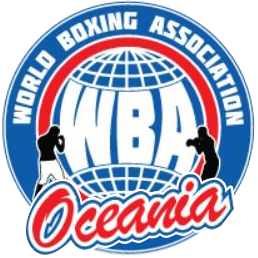
BACKGROUND
On January 7, 2016, the WBA Championships Committee issued Resolution No. 201601070612 clarifying the status of the super bantamweight division. The Resolution named Guillermo Rigondeaux as Champion in Recess and authorized WBA champion Scott Quigg to participate in a unification bout with IBF champion Carl Frampton via special permit conditioned on the winner facing Rigondeaux as the next opponent. The Resolution was provided to Frampton’s representatives the following day.
On February 27, 2016, at Manchester Arena in Manchester, Lancashire, United Kingdom, Frampton defeated Quigg via split decision to become the WBA and IBF Unified champion of the division.
Two days later, on February 29, 2016, the WBA wrote to Frampton again advising him of his mandatory obligation to face Rigondeaux as his next opponent.
In March 2016, several press releases announced that Frampton did not intend to face Rigondeaux in his next bout.
ANALYSIS
On March 11, 2016, the WBA wrote to Frampton inquiring whether the press releases were accurate and requested he confirm his intentions on or before March 18, 2016. The WBA received no response. Additionally, Rigondeaux’s representatives were not approached by anyone on Frampton’s behalf to negotiate a bout.
WBA Rule C.13 states that a champion must remain active and regularly defend his title. Champions must defend their titles within nine months. Within 60 days of the expiration of the mandatory defense period, a champion is limited to fighting only a mandatory contender or leading available contender as directed by the WBA.
According to WBA Rule C.16, the WBA may modify the periods for mandatory defenses for good cause, either in response to a request for a Special Permit, or on its own initiative.
WBA Rule C.46 states that the WBA may modify or suspend application of these rules when the WBA deems them justified in its sole discretion to accommodate special circumstances. Those reasons include to “engage in an optional title defense,” to “engage in a bout of recognized importance and significance for the boxing world,” or to “extend or otherwise modify a mandatory defense period.” (WBA Rule C.46 a, e and g)
The WBA may grant Special Permit Requests and require conditions, as stated in WBA Rule C.47. “The Committee and the President in their sole discretion shall consider the best interests of boxing, the purposes and policies of the Association, and such other factors that may be relevant, and shall make their best effort to balance competing interests.”
If a Champion refuses to comply with mandatory defense obligations or conditions associated with special permits may have their recognition removed. (WBA Rule C.11, c.14, and C.27)
Boxers and promoters are obligated to “know and be familiar with all Association rules,” including those “for Special Permits.” (WBA Rule C.14)
DECISION
“In light of Frampton’s announced intention to face an opponent other than his mandatory,” says WBA Championships Chairman Gilberto Jesus Mendoza, “and for failing to respond to WBA inquiries as to his intent, Frampton’s recognition as Champion is removed.”
“Rigondeux shall come out of recess and face Interim Champion Moises Flores as his mandatory defense on or before August 1, 2016. If Flores or Rigondeaux wish to face any other opponent, the WBA may consider an application for special permit consistent with the rules of the WBA.”
This article was penned by the author who is not related to the WBA and the statements, expressions or opinions referenced herein are that of the author alone and not the WBA.










